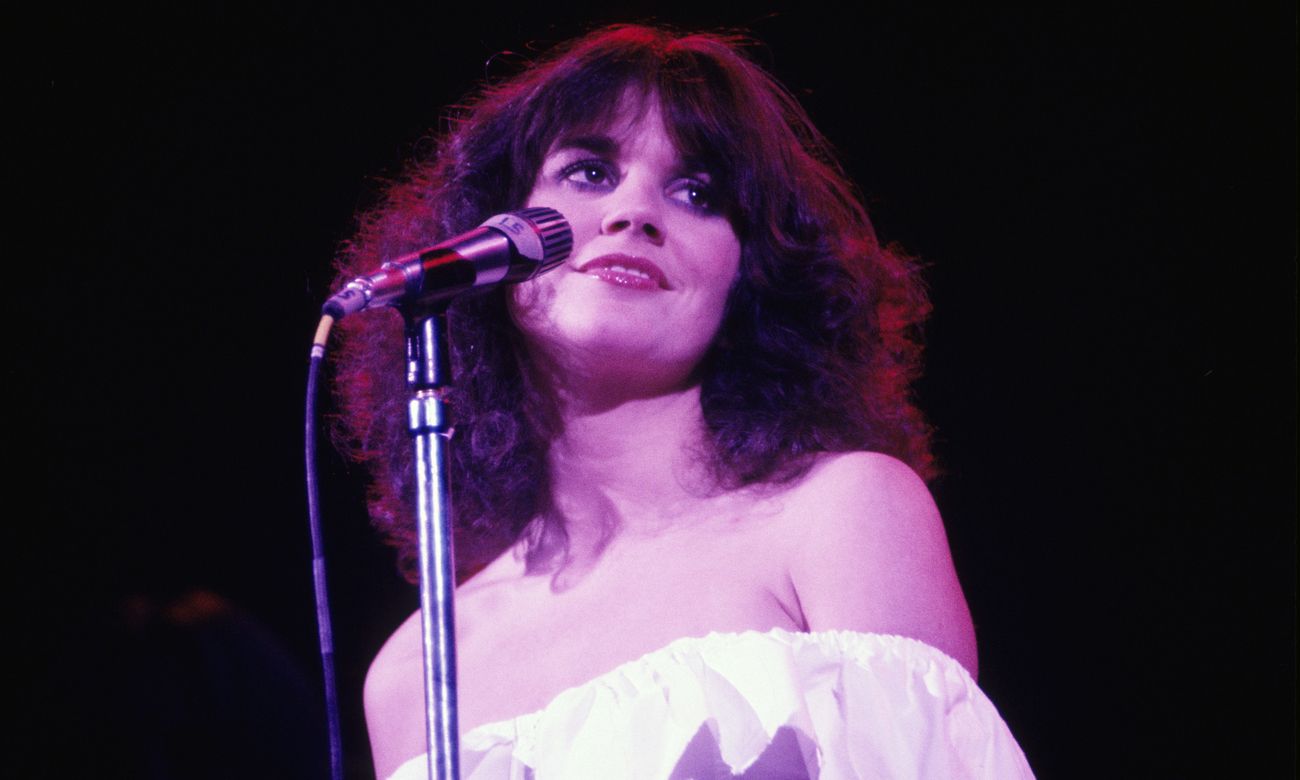
A Luminous Meditation on Longing and the Quiet Strength of Hope
Upon its release in 1993, “Winter Light” marked a luminous yet understated moment in Linda Ronstadt’s storied career. Featured as the title track of her album Winter Light, the song did not chart prominently on mainstream Billboard listings, yet it has endured as one of her most delicate and spiritually resonant recordings. The album itself saw moderate commercial success, charting on the Billboard 200, but far more significant than any chart placement was the quiet artistic risk it represented. Moving away from her earlier rock and country roots, Ronstadt entered a realm of atmospheric pop and new age textures, showcasing a refinement of emotional expression that only decades of artistry can yield.
“Winter Light”, co-written by Eric Kaz and Zbigniew Preisner—with Ronstadt herself contributing to the arrangement—is a masterwork of subtlety. It is a ballad that seems to hover just above the ground, suspended between melancholy and transcendence. The instrumentation is sparse yet immersive: synthesizers shimmer like frost on glass, while gentle piano lines echo like footsteps in freshly fallen snow. Ronstadt’s voice—always her most formidable instrument—is here at its most tender and ethereal, floating through the verses with a clarity that is both haunting and consoling.
Lyrically, “Winter Light” reads like a meditation on absence and the fragile hope that lingers in its wake. “Hearts call / Hearts fall / Swallowed in the rain,” she sings in the opening lines—a poetic tableau of vulnerability that sets the emotional tone for what follows. Yet for all its aching imagery, the song does not collapse into despair. There is something resilient woven into its fabric, a kind of faith shimmering just beneath the sorrow: “And I will be here / I will be strong / I’ll face my fears / When the night is long.” In these words, Ronstadt channels an almost spiritual endurance, the kind of resolve that doesn’t roar but rather endures quietly through darkness.
The metaphor of winter—traditionally associated with stillness, death, or emotional dormancy—is transformed here into something luminous. “Winter light” itself becomes emblematic of hope in its purest form: fragile, cold perhaps, but undiminished. It’s the flicker in the distance that keeps one moving forward through desolation. Preisner’s European classical sensibilities lend an elegiac beauty to the composition, while Ronstadt’s interpretive genius gives it emotional weight beyond its minimal lyrics.
In retrospect, “Winter Light” stands as one of Linda Ronstadt’s most overlooked triumphs—a song that bypasses theatricality in favor of whispered truth. It captures what so few love songs dare to address: not just yearning or heartbreak, but that quiet strength we summon when love seems out of reach yet somehow still worth waiting for. Through this crystalline ballad, Ronstadt offers us not only beauty but solace—the kind only music this intimate can provide.